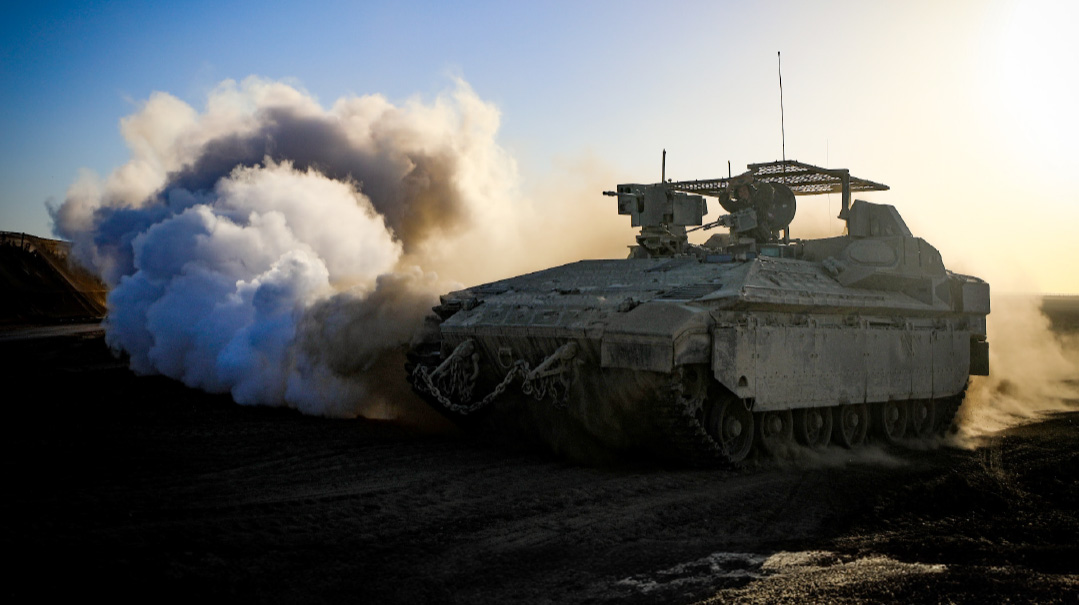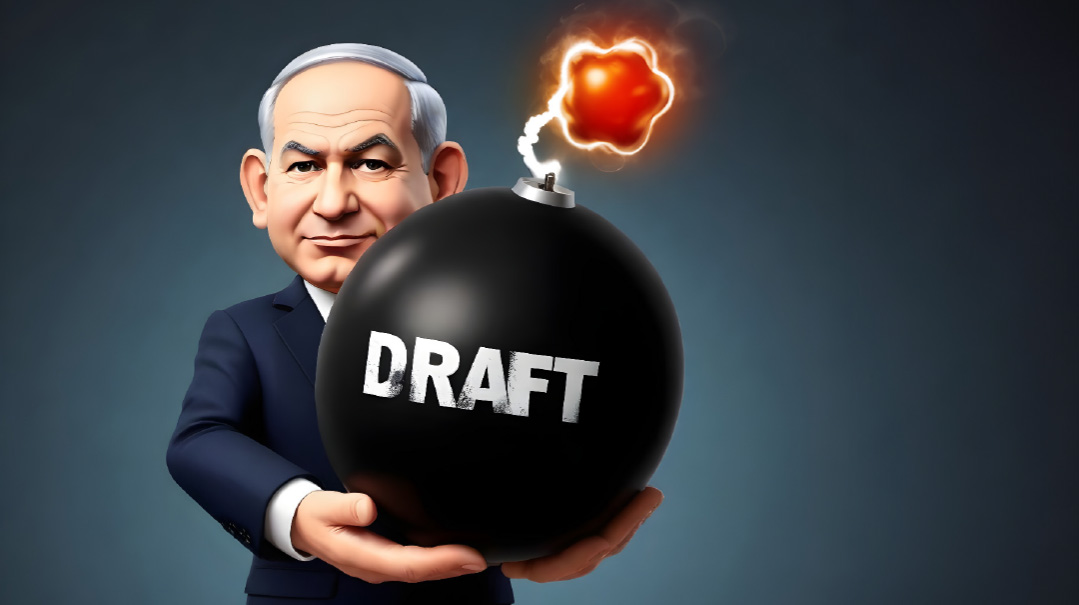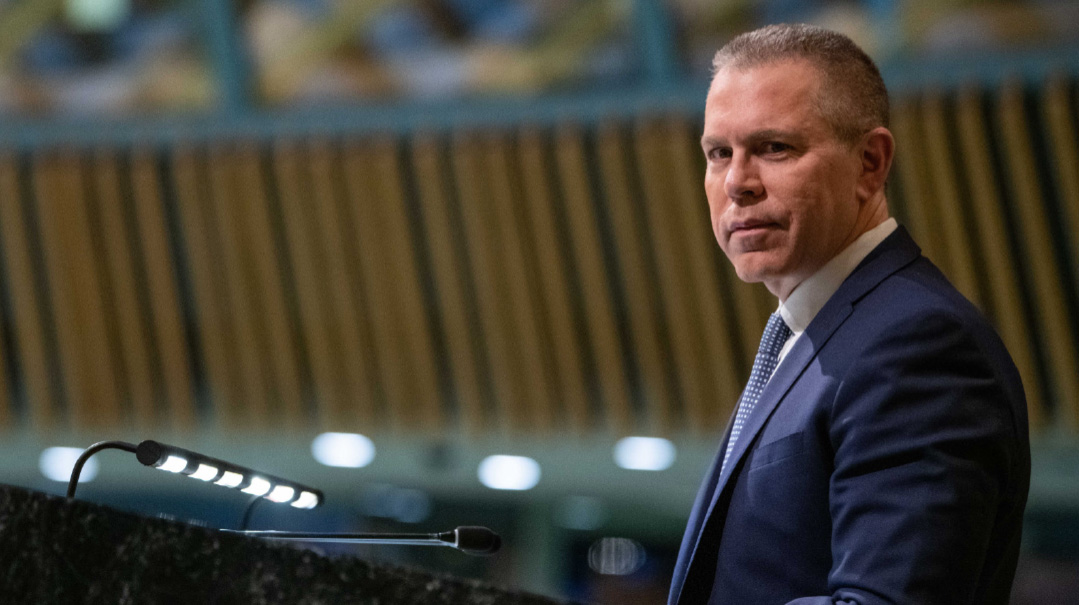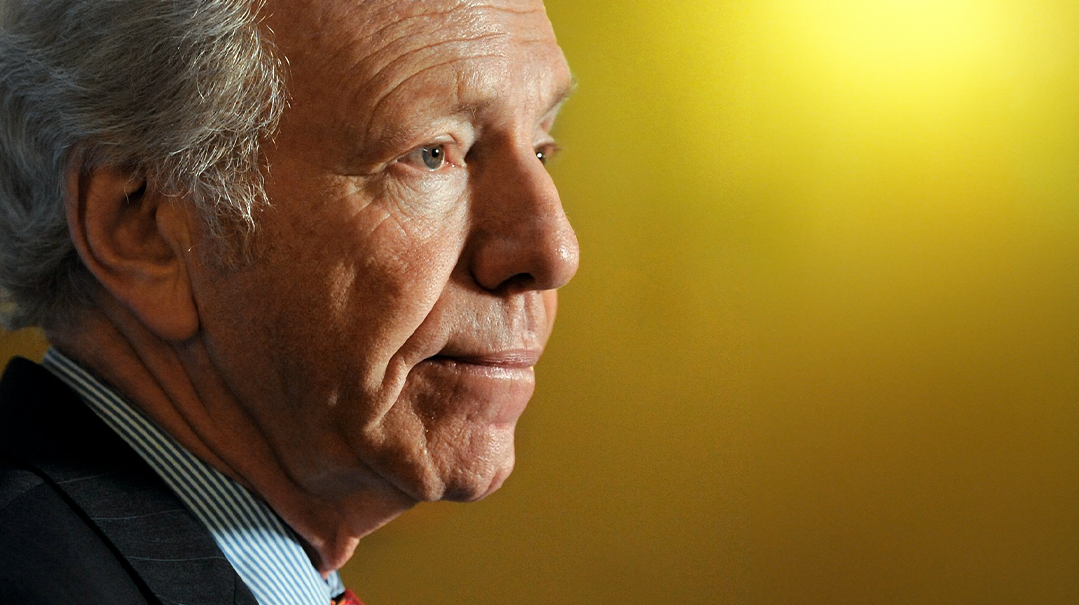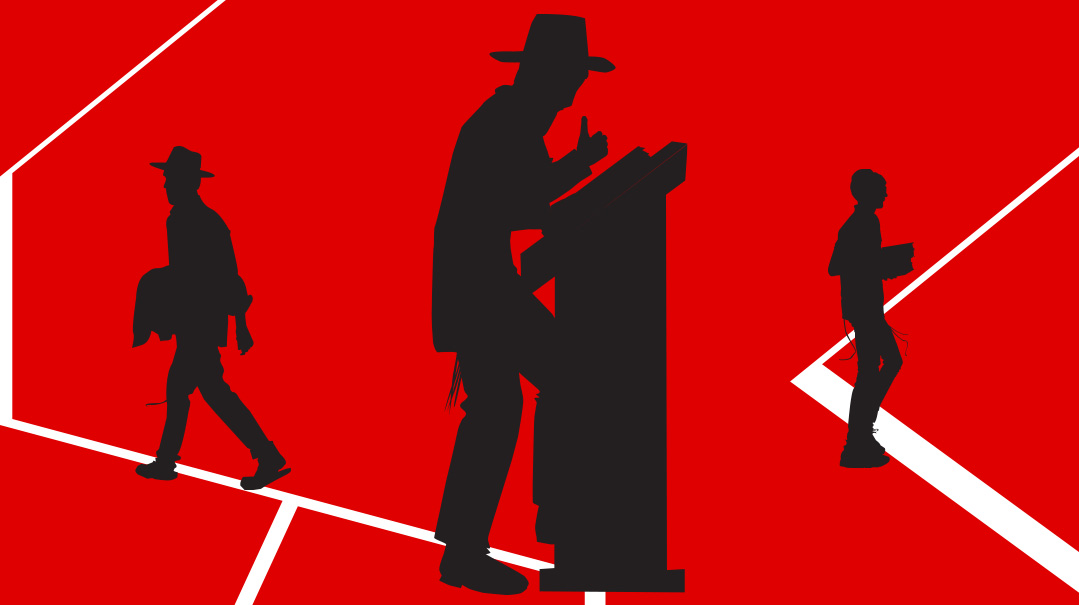Kirchner Returns, and Argentinean Jews Fret

After an economic crisis that hurt almost everyone, Argentine Jews have high expectations for the new government — while remembering incidents of the past
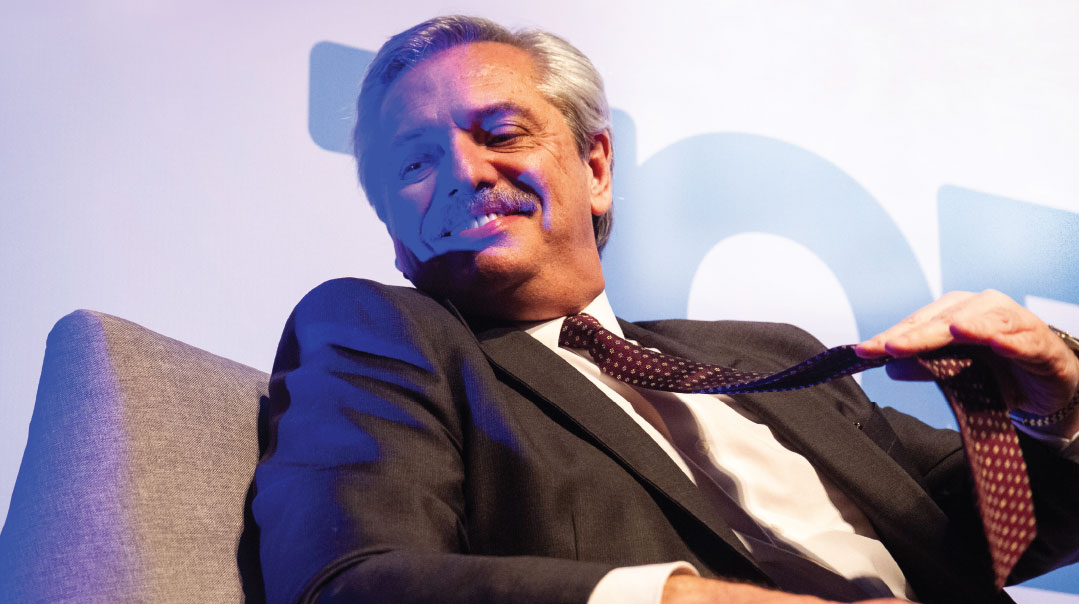
The return to power of former President Cristina Fernández de Kirchner, who was previously accused of obstructing the investigation into the 1994 bombing of the Jewish Community Center (AMIA) in Buenos Aires, has alarmed Argentinean Jewry.
Kirchner, who was elected vice president, teamed with longtime ally Alberto Fernández, who was elected president, defeating incumbent Mauricio Macri by eight percentage points.
“Fernández was the one who was elected, and we hope he will allow the justice system to remain independent,” said Rabbi Ariel Eichbaum, president of AMIA.
Eichbaum, who congratulated the victors, said Argentineans are now waiting to find out what role Fernández de Kirchner will play in the new government. Because Cristina, as she is known, is a figure who generates both love and hate. She ruled the country as president with two consecutive mandates between 2007 and 2015 but left office embroiled in scandal and was accused of shielding Iran from prosecution for an AMIA bombing that left 85 dead.
Macri’s government turned out to be catastrophic in social and economic terms, with an annual inflation rate of over 50 percent and 3.7 million people under the poverty line. At the same time, under his rule Argentina adopted a more pro-Israel stance. While Kirchner signed a “memorandum of understanding” with Iran during her presidency, Macri’s government received an Israeli prime minister, Binyamin Netanyahu, for the first time, in 2017. The country also designated Hezbollah, which operates throughout South America, as a terrorist group. “We saw concrete improvements with the outgoing government,” Eichbaum said. “Argentina established relations with the world’s major democracies, we had an excellent relationship with Israel, and we succeeded in declaring Hezbollah a terrorist group, something that only seven nations have done.”
The Peronist Party of Fernández and Kirchner, founded in 1946 by pro-Nazi general Juan Peron, is populist and now left-leaning. Jews in Argentina, who also had to endure an attack against Israel’s embassy in 1992, still remember how Kirchner aligned the country with former Venezuelan President Hugo Chavez, a noted Israel critic. “We hope that under Alberto’s government the country will continue to be counted among the peaceful democracies,” Eichbaum said.
One of the main uncertainties is how Alberto and Cristina will manage to rule together. Alberto was the chief of staff under former president Néstor Kirchner (Cristina’s deceased husband) between 2003 and 2007, and remained in his position when Cristina was elected after her husband’s passing. But after internal disputes in 2008, Alberto left the government and leveled sharp accusations against his former ally. Among them, he charged that Cristina was “disloyal” to the AMIA victims when she signed the memorandum of agreement with Iran. “Alberto and Cristina have to work out their personal issues, but we don’t get involved in matters of national politics,” said Rabbi Eliahu Hamra, director of the Vaad HaKehilot and general secretary of the United Religious Block in Argentina, an Orthodox association.
One challenge for the next government will be keeping the peace between Jews and non-Jews in Argentina, a hot topic of discussion after a recent report revealed that anti-Semitic attacks were up 100 percent last year. “I don’t come here to argue with the numbers, but I must say that not every incident of vandalism in a cemetery is an anti-Semitic attack,” Rabbi Hamra said. “We’ve seen that many times, because of economic difficulties, thieves enter those places to steal the copper on the gravestones. From my personal experience of traveling across the country, Jews live in peace with non-Jews, and there is even a warm and respectful relationship. Nothing like what is going on right now in Europe.”
After an economic crisis that hurt almost everyone, Argentine Jews have high expectations for the new government — while remembering incidents of the past. As both Eichbaum and Hamra said, no matter who occupies the highest office, the Jewish community of Argentina will never stop demanding justice for the victims of the AMIA terrorist attacks, the perpetrators of which have gone unpunished.
Avoiding a Jewish Split
Under the presidency of Cristina Fernández de Kirchner, Argentina experienced a famous “gap” between opponents and supporters that created divisions even between family members. Now, an upstart group is threatening to bring the same gap to the Jewish community.
The AMIA, the main Jewish Community Center, has been ruled by an Orthodox bloc for the last ten years. But in 2020, there is an election, and a non-religious coalition is attempting a takeover. That group’s leader, Alejandro Kladniew, has spoken negatively about religious Jews. “AMIA is not a yeshivah… we cannot allow the 15 percent of the Jews to rule over the other 85 percent,” he said recently.
According to Rabbi Hamra, these rabble rousers only represent a minority. “There are certain askanim who have nothing productive to offer to the kehillah, so they try to break the unity that exists. Their speech emanates from pure hate, but Baruch Hashem in Argentina there is largely peace between religious and non-religious Jews. Everyone knows that [the current Orthodox leadership] has made no distinction when we helped hundreds of institutions, the majority of them non-religious, that exist in the country.”
Rabbi Eichbaum emphasized that point. “Everyone knows that in AMIA, every single Jew is welcome, no matter his or her religious background,” he said. “The way a community leader practices his or her Judaism has nothing to do with the way he or she leads a community.”
(Originally featured in Mishpacha, Issue 784)
Oops! We could not locate your form.
